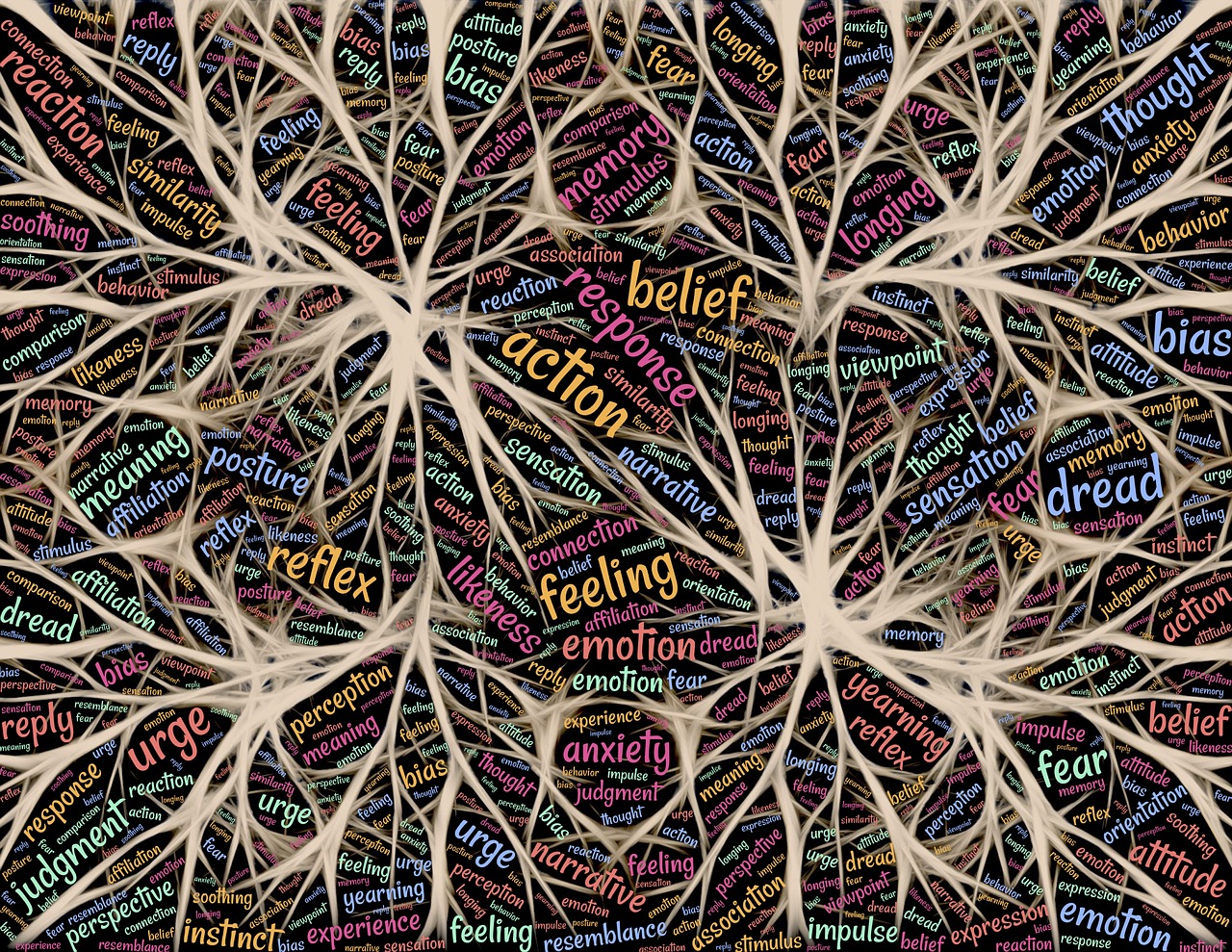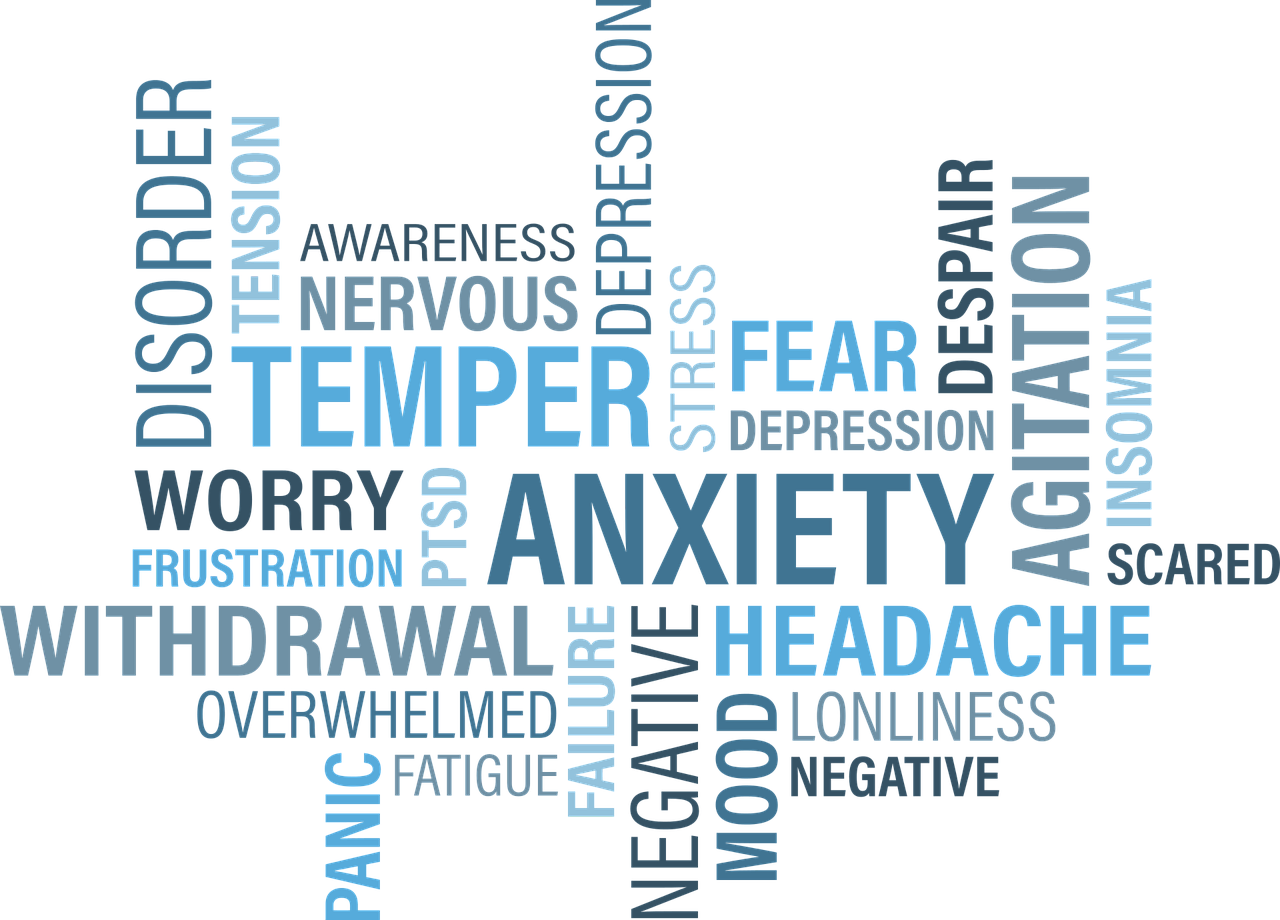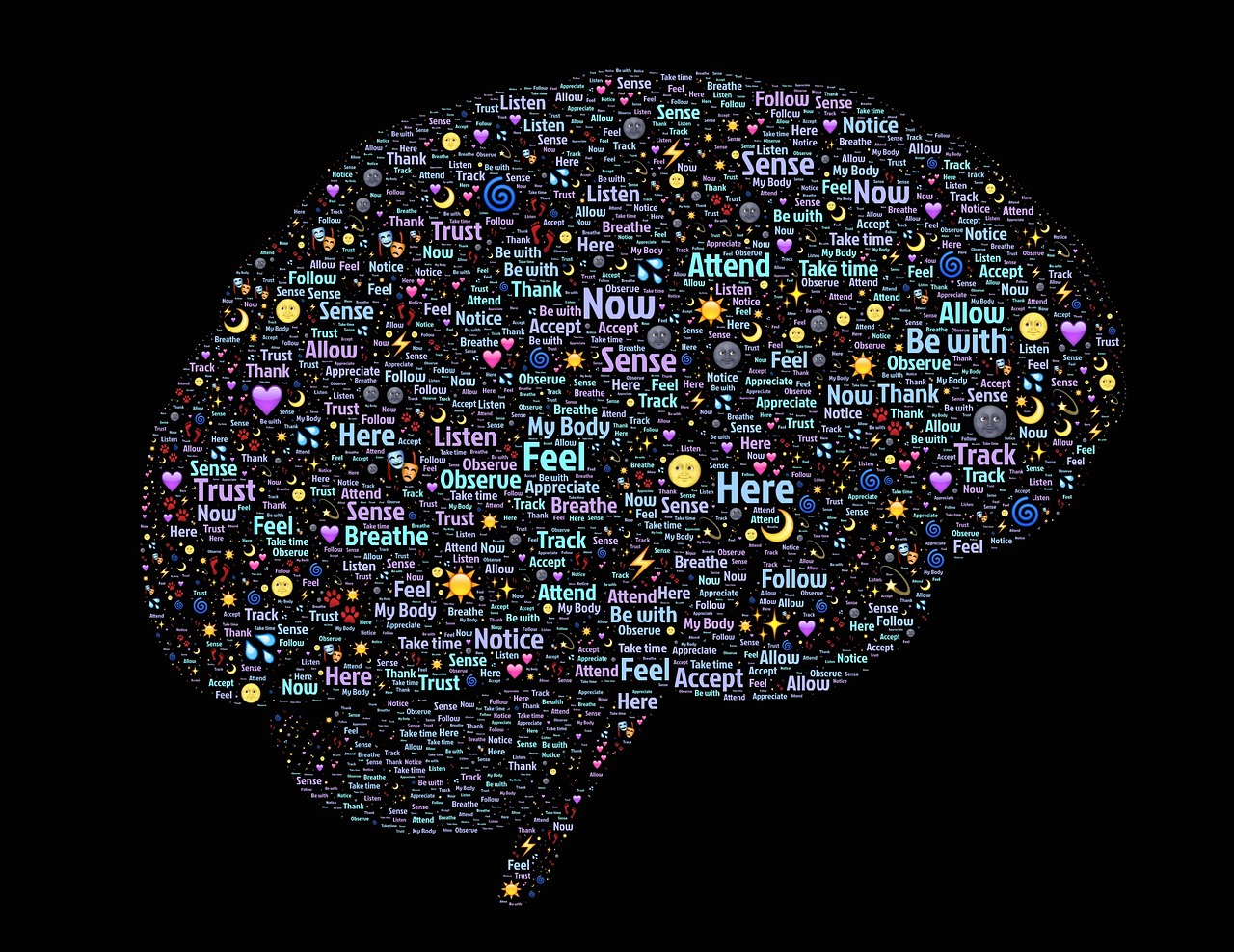For those of us who are living with depression and anxiety, running can help relieve the effects of this mental illness. Which is why many people now say, “Running is my therapy“.
Studies have shown that aerobic exercise can be as effective as antidepressants in treating mild to moderate depression.
The main form of treatment for depression has been and is still currently medication and psychotherapy, but there is a growing trend for another and third type of treatment – exercise.
Research by James A. Blumenthal, PhD, Patrick J. Smith, PhD, and Benson M. Hoffman, PhD showing the relationship with exercise and reducing depression is here.
In 2014, in the United States, 18.1% of all American adults over the age of eighteen suffered from some form of depression or anxiety according to The National Institute of Mental Health in the U.S. (NIMH). That’s roughly 43.6 million Americans.
World Mental health is displayed and presented in the latest estimates here. Depression and anxiety totalled over half a billion people in 2017.
In Australia, the United Kingdom, and the Netherlands, official guidelines now include exercise as a first-line treatment for depression.
Official guideline – United Kingdom – Depression in adults: recognition and management [CG90] advise taking regular physical exercise as part of the general measures around sleep hygiene.
Official guideline – Australia and New Zealand – Clinical practice guidelines for mood disorders discusses exercise as a treatment
- “through lifestyle change, e.g., building exercise habits.”
- “the importance of a healthy diet and regular exercise for optimal recovery and wellbeing.”
- “have shown that regular exercise is protective against the development of depression.”
- “Exercise is also established as an effective treatment strategy for depression.”
- “exercise is highly effective as a treatment intervention in depression.”
Exercise for depression is a research paper by Division of Psychiatry, Royal Edinburgh Hospital, NHS Lothian, Edinburgh, Midlothian, U.K., EH9 1ED. It mentions “There are a number of theoretical reasons why exercise may improve depression.”
Panteleimon “Paddy” Ekkekakis, PhD Associate Professor, Department of Kinesiology, Iowa State University and Honorary Fellow at Exeter University in the School of Sports and Health Sciences talks about exercise as an antidepressant treatment for depression here in this video.
The Royal College of Psychiatrists in the U.K. say on their website “There is evidence that exercise can help in depression, anxiety and even protects you from stress.”
This video is about depression from the Royal College of Psychiatrists, which might offer some insight into how you feel if you are depressed.

So how does it work?
From the Royal College of Psychiatrists website, they say “When you exercise it releases ‘feel-good’ chemicals called endorphins in our brain. It also affects chemicals called ‘dopamine’ and ‘serotonin’ which are related to depression and anxiety. Exercise can help brain cells to grow. In your body, regular exercise makes your heart, muscles, and bones stronger and work better. Activity can help you feel more in control which helps when you are worried or stressed. You can even make new friends and have fun when you exercise with other people.” Well, this is no better reason to go for a run if there ever was one.
The Key.
Consistency – this is most probably the hardest hurdle to get over when you are suffering from depression – the first step out the door is the key to getting consistent but the hardest to master.
How much?
Studies show significant mind boosts after 30 minutes of running. The Royal College of Psychiatrists in the U.K. says regular exercise for about 40 minutes, which gets you out of breath, five times a week, will have the best results on your body and mood. The most important thing is to run – it doesn’t have to be this far, or that far to count as a run. The real step, and the hardest is the first one out the door from then on it gets easier. If it’s a tough day, be flexible and be easy on yourself.
How fast?
Research says following moderate-intensity workouts give the best bang for the buck in the increase of feel-good brain chemicals. On a tough day, just getting out to run is the most important thing. We’d suggest reading up on the Maffetone Method and keeping the majority of your training and running in an aerobic zone. This minimises cortisol release whilst still allowing the release of dopamine and endorphins (feel good hormones) into the body.
Where?
People suggest they get the best feeling when running in a natural setting compared to running in the city. If you are considering making your commute to work a regular part of your routine, plan ahead and see if you can safely incorporate parks and trails and water-features into your commuting route.
When?
The time is entirely dependent on you. If you run in the morning, it can set you up for feeling great for the rest of the day. If you run at night, you have something to look forward to all day. A morning commute run will provide a good release of endorphins (feel-good hormone) into your body throughout the day.
With whom?
You may find you need to run by yourself to clear your mind and get some clarity.
If you need a break from your inner self, run with a friend or a group, this will enable you to talk through things. Running with a friend or a group also guarantees you a better chance of making an effort to get out the door and run.

Are you feeling depressed?
See your G.P. if you have been feeling down for more than two weeks. They can discuss your symptoms and tell you about available treatments and what might be best for you.
Medical Disclaimer: Here at SweetCommute, we aren’t providing medical support or advice. This page is for educational and informational purposes only and may not be construed as medical advice. The information is not intended to replace medical advice offered by physicians. Always, always seek professional medical health advice. Take care of your body and mind with the appropriate support.
